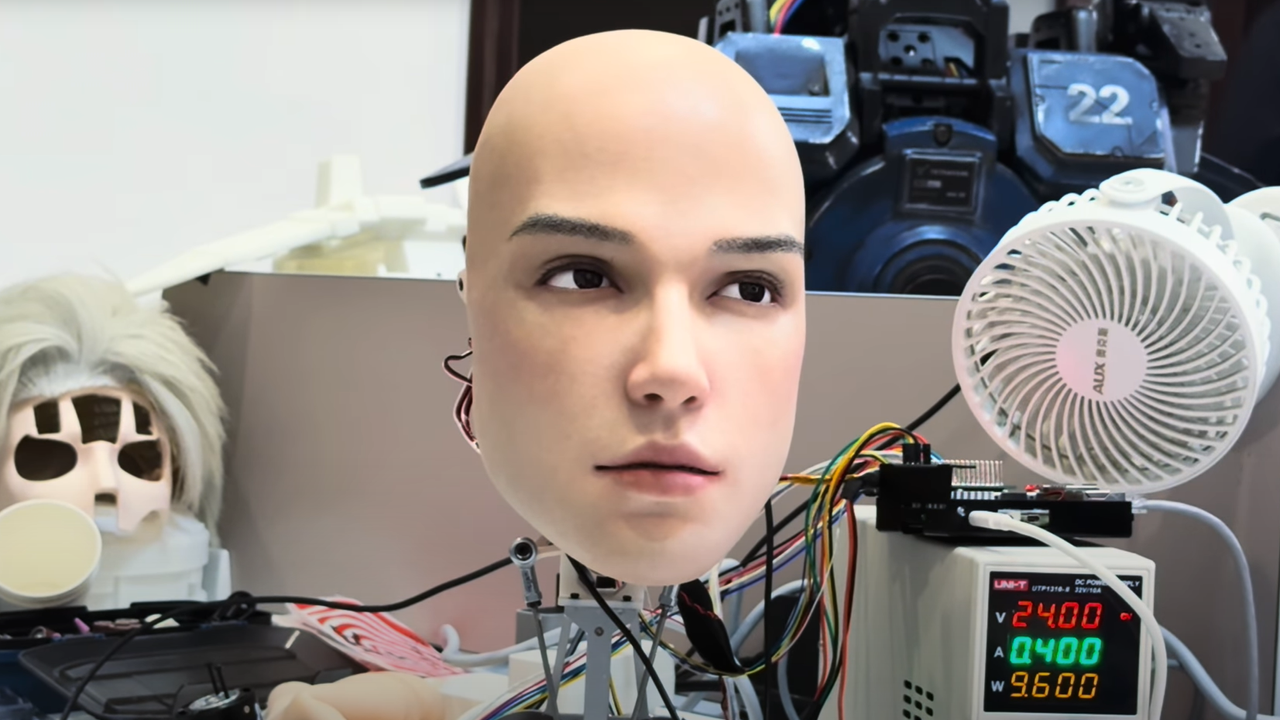Research, curriculum and grading: new data sheds light on how professors are using AI
PositiveScience

Recent research reveals that an increasing number of professors are integrating AI into their classrooms, highlighting a significant shift in educational practices. This trend is important as it shows that educators are recognizing the potential of technology to enhance learning. However, many professors express the need for clearer guidance on effectively utilizing AI tools, indicating a desire for support in navigating this evolving landscape. As AI continues to shape education, understanding its impact on teaching methods and student engagement becomes crucial.
— Curated by the World Pulse Now AI Editorial System





